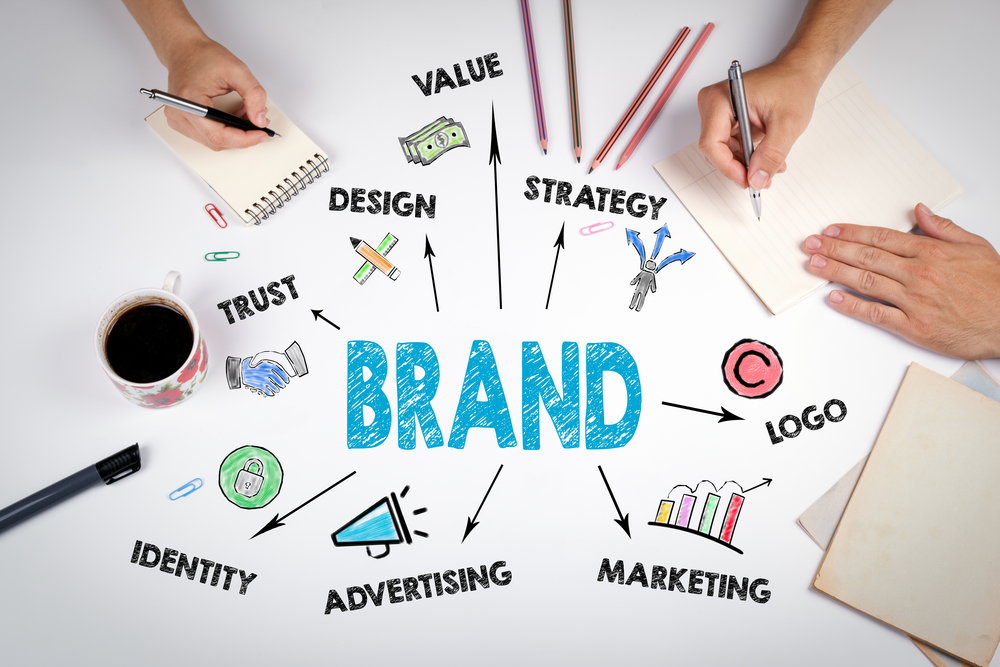Positive psychology is one of the most powerful tools available when it comes to building lasting, fulfilling customer relationships.
This branch of science, sometimes referred to as “the science of happiness,” is dedicated to exploring the strengths and virtues that allow humans and communities to thrive. Attributes like empathy, compassion, courage, integrity–science has proved that these, and others, are the building blocks of lasting happiness, not just for ourselves as individuals but for organizations and communities as a whole.
These ideas resonate deeply with consumers today. If you’re not already using positive psychology in your branding and marketing, here’s why you should start.
Positivity, empathy, and inclusivity are what resonate with today’s consumer
It’s no secret that negative and fear-based marketing messages are much less effective with today’s consumers than positive, empowering messaging.
Take one of the most famous examples: the weight-loss industry titan Weight Watchers. Up until 2015 or so, the company’s marketing was largely built on a pro-thin, weight-loss message that had worked for decades.
As society’s view of body size became much more inclusive, however, the Weight Watchers leadership realized just how off-key that messaging was. In 2018, the company rebranded as WW, with the Ws standing for “wellness that works.”
Consider even more recent marketing campaigns by some of the world’s biggest brands. Nike’s partnership with Colin Kaepernick, which was seen as a risk by many, is an example of a brand putting a premium on integrity and courage. And it’s paid off: Nike’s reputation with the public has strengthened since the company ran its first Kaepernick ad in 2018.
There’s a growing public interest in positive psychology
Ever since Harvard University professor Tal Ben-Shahar offered a course called Positive Psychology, which became the university’s most popular course of all time, the field of study has attracted ongoing and developing interest from the public.
In fact, the interest in positive psychology has been so consistent that Ben-Shahar went on to found the Happiness Academy, which offers online certificates in Happiness Studies to professionals and academics, as well as a Happier School program for school administrators and teachers.
How does this affect brands?
Consider that the general public is most likely aware of the importance of things like gratitude, empathy, and maintaining a positive outlook when it comes to nurturing their own happiness. They’re much less likely to spend time with a brand that doesn’t embody any of these values, or worse, that embodies the opposite.
Add to this the fact that research has shown a link between happiness and brand trust, and you can see why brands that focus on their customers’ happiness are the ones that are able to build loyalty over time.
Customers expect more of brands today than they ever have before
Gone are the days when you could promise that your product would make someone happier, or more beautiful, or more successful, and be done with it.
Consumers have gotten much more sophisticated over the past 100 years. Now they want authenticity. They want to see brands walking their talk, living out their brand values–and those values are, whether you know it or not, almost certainly rooted in positive psychology–in tangible ways.
If your company’s values include “treating everyone with respect” and “being inclusive,” but your marketing is overly snarky, negative, or unkind, customers won’t give you any points for the lip service.
With social media giving all of us unprecedented access to the brands we support–not to mention the ability to switch to a brand’s competitor with a few taps–it’s more important than ever for brands to match their behavior to their professed values.
Positive psychology can be an excellent way to build trust, strengthen relationships, and position your brand as an industry leader. Happiness, it turns out, is a powerful thing.
Original Source: https://www.inc.com





